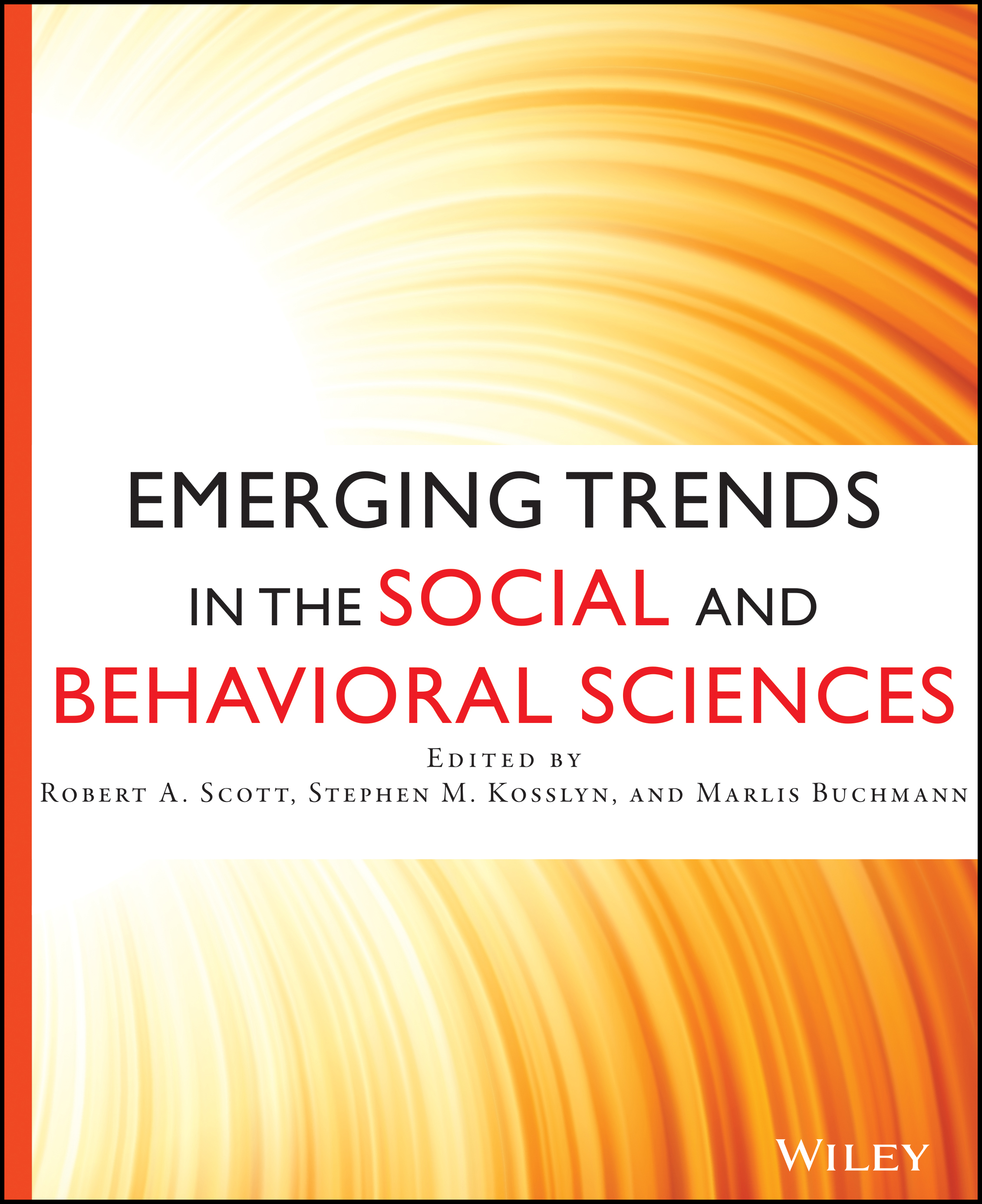Speech Perception
Abstract
Speech perception is the process by which listeners presented with a distribution of audible frequencies modulated in amplitude (loudness) and spectral (the frequency set) content across time turn this sound into a coherent unit of perception that is interpreted as language. Classic studies established that speech is not perceived by simply mapping sets of invariant acoustic properties onto different speech sounds. In fact, speech perception is robust even when the acoustic signal has been dramatically distorted. Current approaches focus on understanding how we perceive speech by investigating the neural basis of processing different physical aspects of the speech signal, the encoding of acoustic information in the speech signal at different time scales, the developmental of speech perception, and the multimodal representation of speech. Understanding how humans perceive speech will require the expertise of psychologists, neuroscientists, and engineers.



